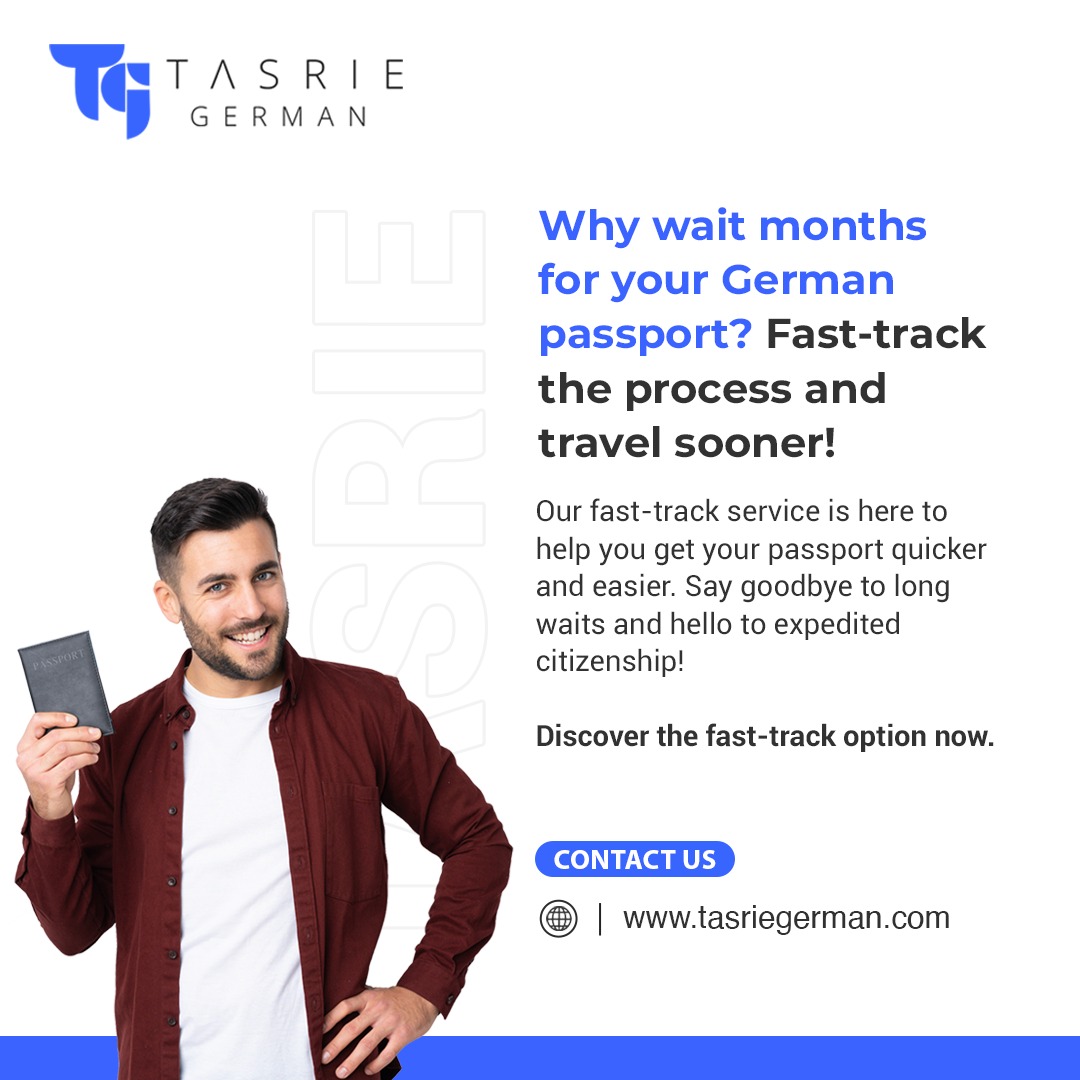Understanding the German Job Market

Germany, with its robust economy, high standard of living, and rich cultural heritage, is a highly attractive destination for professionals seeking to advance their careers. However, securing a job in Germany as a foreign national requires navigating a detailed work permit process. This comprehensive guide will walk you through the essential steps and provide crucial insights into obtaining a work permit in Germany.
Understanding the German Job Market
Before delving into the work permit process, it’s essential to understand the German job market. Germany is known for its strong industrial base, particularly in the automotive, engineering, and manufacturing sectors. Additionally, there is significant demand in the IT, healthcare, and finance sectors. Proficiency in the German language is highly advantageous, although many multinational companies in major cities like Berlin, Munich, and Frankfurt use English as their working language.
Types of Work Permits in Germany
There are several types of work permits available in Germany, each tailored to specific circumstances and professional qualifications. Here are the most common ones:
EU Blue Card: Aimed at highly skilled non-EU nationals, the EU Blue Card is one of the most sought-after work permits. To qualify, you need a recognized university degree and a job offer with a salary of at least €56,400 per year (or €43,992 for shortage occupations like IT and engineering as of 2024).
General Work Permit: For non-EU nationals who do not qualify for the EU Blue Card but have a job offer in Germany. The job must meet certain criteria, including a labor market test to ensure no suitable EU/EEA/Swiss candidate is available for the position.
Job Seeker Visa: This visa allows highly qualified individuals to stay in Germany for up to six months to look for a job. Once a job offer is secured, the individual can apply for a work permit.
Freelance Visa: For those intending to work as freelancers or self-employed individuals, particularly in fields such as art, culture, and IT.
Step-by-Step Guide to Obtaining a Work Permit
Secure a Job Offer
The first step is to secure a job offer from a German employer. This involves the usual job application process: researching potential employers, submitting applications, and attending interviews. Leveraging professional networks and online job portals like LinkedIn, Indeed, and the Federal Employment Agency’s job portal can be very effective.
Verify Qualifications
Ensure that your academic and professional qualifications are recognized in Germany. The Central Office for Foreign Education (ZAB) can assist with the recognition of foreign degrees. Some regulated professions may require additional certification or licensure.
Gather Required Documents
The specific documents required can vary depending on the type of work permit, but generally, you will need:
A valid passport
A job offer letter or employment contract
Proof of qualifications (degrees, certificates, etc.)
Proof of professional experience (if applicable)
Curriculum vitae (CV)
Passport-sized photos
Health insurance coverage
Proof of financial stability (bank statements, salary slips, etc.)
Apply for a Visa (If Applicable)
If you are a non-EU national, you will likely need to apply for a visa at the German consulate or embassy in your home country before entering Germany. This visa will allow you to enter Germany and apply for your work permit.
Submit Work Permit Application
Upon arrival in Germany, you need to register your address at the local Residents’ Registration Office (Bürgeramt) and then submit your work permit application at the local Foreigners’ Office (Ausländerbehörde). It is advisable to schedule an appointment in advance.
Undergo the Labor Market Test (If Required)
For the general work permit, the Federal Employment Agency conducts a labor market test to ensure that no suitable candidate from Germany, the EU, the EEA, or Switzerland is available for the position. This step is not required for the EU Blue Card or shortage occupations.
Await Decision
The processing time for work permits can vary from a few weeks to several months, depending on the complexity of your application and the type of permit. During this period, the authorities may request additional information or documentation.
Receive Your Work Permit
Once your application is approved, you will receive your work permit, which allows you to legally work in Germany. The permit’s validity is typically tied to the duration of your employment contract but can be renewed if your employment continues.
Additional Considerations
Language Skills: While it is possible to find jobs where English is the working language, having proficiency in German significantly enhances your employability and integration into German society.
Permanent Residency and Citizenship: After working in Germany for a certain period (usually five years), you may become eligible for permanent residency. Additionally, after eight years of residency, you can apply for German citizenship, provided you meet other requirements.
Spouse and Family: If you have a spouse or family, they may be eligible to join you in Germany under certain conditions. Spouses may also have the right to work in Germany.
Tips for Success
Networking: Building a professional network in Germany can greatly enhance your job search. Attend industry events, join professional associations, and connect with professionals on platforms like LinkedIn.
Cultural Adaptation: Understanding and adapting to German workplace culture can help you integrate better. Punctuality, efficiency, and direct communication are highly valued in German workplaces.
Continuous Learning: Germany values continuous professional development. Consider taking courses or certifications relevant to your field to stay competitive.
Legal Assistance: Navigating the visa and work permit process can be complex. Consider seeking assistance from immigration lawyers or consultants specializing in German immigration law.
Stay Informed: Immigration policies can change. Regularly check official sources such as the Federal Office for Migration and Refugees (BAMF) and the German consulate for the latest information.
Conclusion
Securing a job in Germany and obtaining the necessary work permit can be a detailed and sometimes challenging process. However, with careful preparation, thorough understanding, and the right resources, you can successfully navigate this journey. Germany offers a wealth of opportunities for skilled professionals, and landing your dream job here can be a rewarding step in your career.
By following the steps outlined in this guide and leveraging available resources, you will be well on your way to making Germany not just a place of work, but a place you can build your future.




